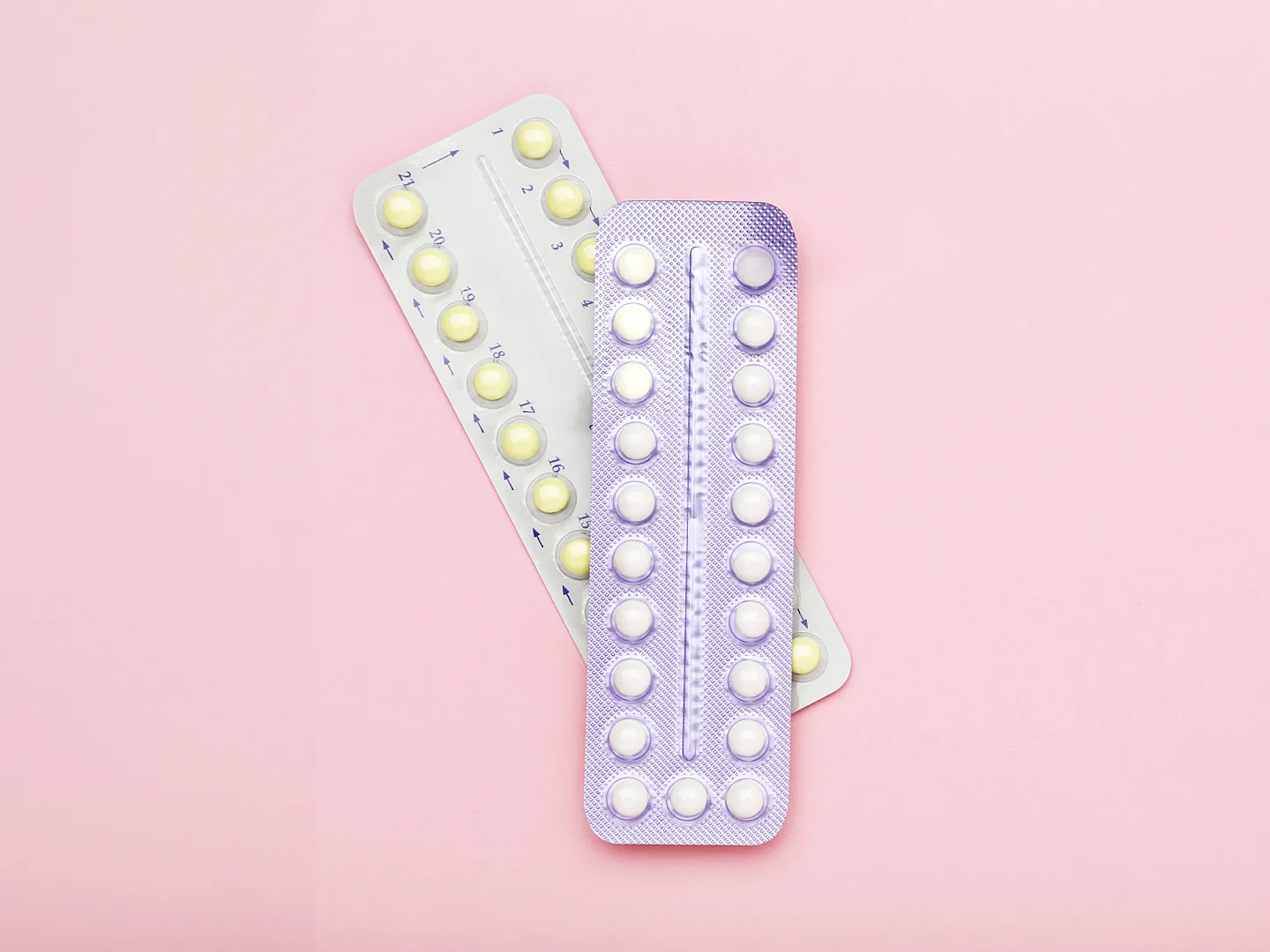
Best Contraceptive Pill
How to choose the right pill to suit you

Get your contraceptive pill online in a few simple steps, with no need for a face-to-face appointment. Or get help finding the right contraceptive pill for you via a consultation with one of our doctors.

Your pill to your schedule. FREE home delivery or collection in discreet, unmarked packaging.

The right pill for your needs. With a contraceptive consultation, our doctors help you find the right pill for you.

We give you options. Request up to a 6-month supply of over 30 different contraceptive pills.
Stay protected from pregnancy with the oral contraceptive pill. We provide the combined pill and mini pill in over 30 different brands to ensure you've got the exact pill you need when you need it. We can also provide contraceptive pills that do more than prevent pregnancy, such as helping with things like PMS, heavy periods or painful periods.
We provide up to a six-month supply of your pill, so you're stocked up and worry-free. You can also contact us at any time, FREE of charge, if you have concerns about your pill or need further advice.
Looking for emergency contraception? Visit our morning after pill service.

Medically reviewed by
Dr Babak AshrafiLast reviewed: 17 Jul 2024
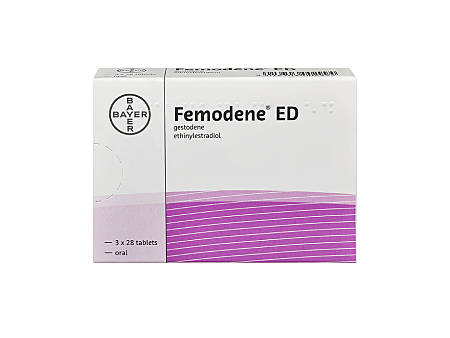
Femodene taken every day without a pill-free break

A good option for heavy, painful or irregular periods
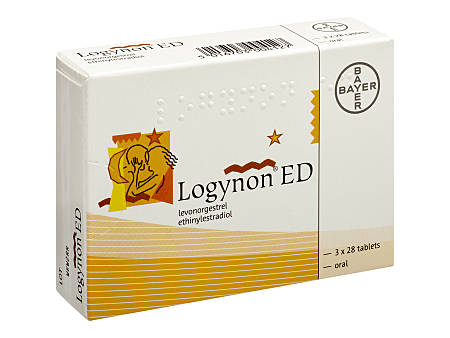
Logynon taken every day without a pill-free break
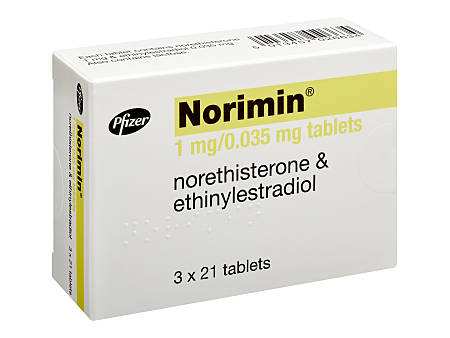
Can lead to lighter and less painful periods

Can improve period-related problems

A combined pill with fewer oestrogen-related side effects
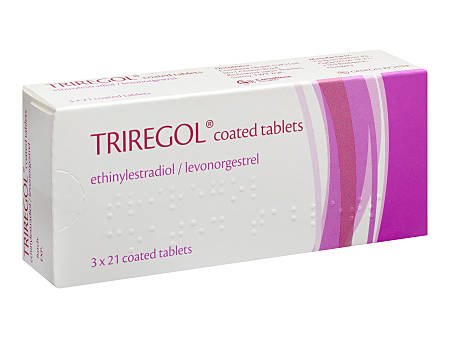
A triphasic combined contraceptive pill

Get advice from a doctor on picking a pill

Please check your spelling or try another treatment name.
There are two main types of contraceptive pill:
Some contraceptive pills can do more for your health than just preventing pregnancy, and these benefits will play a role in helping you decide which pill is right for you.
The mini pill (progesterone only-pill, or “POP”) does not contain oestrogen and only contains the hormone progesterone. And because of this, we usually recommend it to women who can’t have oestrogen for any health or personal reasons. Oestrogen can also affect your blood pressure, so the mini pill is a better choice for people with high blood pressure, smokers (especially if over 35), and anyone with a family history of blood clots.
The combined contraceptive pill contains two synthetic versions of the hormones progesterone and oestrogen, which are produced naturally by your body. The combined pill can make periods lighter, less painful and more regular, help PMS symptoms and may help with acne.
Most combined pills contain the same amount of hormones in each pill, delivering a consistent dose of progesterone and oestrogen every day. These are called monophasic pills.
Some combined pills are known as “phasic” pills. These pills have different amounts of hormones every week, which mimic natural changes in your hormone levels throughout your cycle. For some women, this can lead to fewer or more manageable side effects, but they are a little trickier to use than monophasic pills.
| Combined Pills | Mini Pills | |
|---|---|---|
| Effectiveness | Over 99% when taken correctly* | Over 99% when taken correctly* |
| Taken how often | Can be taken:
|
Every day with no break |
| Missed doses | Effectiveness decreases after a 48-hour delay | Effectiveness decreases after a 3-hour or 12-hour delay, depending on which mini pill you take | Age | From when you first start your periods up until age 50. Not recommended for people who smoke and are over the age of 35. | From when you first start your periods up until menopause (or age 55) |
| Periods | If you take a break, periods are replaced with ‘withdrawal bleeds’ which are usually lighter and can be less painful than your normal period | Can make periods lighter, less frequent or stop altogether | Acne | Some pills can help with acne | Not likely to have an effect |
| Breast-feeding | Not recommended while breastfeeding for the first 6 weeks after birth; after which you can discuss this option with your doctor | Suitable to take while breastfeeding and can be started straight after birth | STIs | No protection | No protection |
*According to the NHS
There are many brands of contraceptive pills available and it may feel overwhelming to choose the right one for you. Whether you’re worried about remembering to take the pill every day or you have a health condition that may be affected by hormones in contraception, we can help guide you with our contraceptive consultation.

Simply start a consultation, and our doctors will review your information to provide you with the most suitable pill.
Consultation fee: £5



You should take your contraceptive pill at the same time every day. But, exactly how you should take the pill will depend on its type and brand. For example:
Some pills have a strict time frame of when you need to take them every day, while others have a more flexible way of taking them. When going on the pill, you should discuss with your doctor which option is best suited to your lifestyle.
If you miss a pill, the first thing you should do is take it as soon as you remember and take your next pill as normal, even if it means taking two pills at the same time. Depending on the type of pill you are taking (combined or mini pill), or where in your cycle you missed a pill, you may not be protected from pregnancy any more and would need to use additional contraception. Read our doctors’ guide on what to do if you miss a pill.
Generally, the contraceptive pill should work effectively after taking it for 7 days, no matter which day of your period you start.
For most of the combined pills and the mini pill, if you start on days 1 to 5 of your period, the pill should start working immediately without the need for an additional form of contraception.
If you start outside these days, you should use another form of contraception, like condoms, for the first 7 days of taking the combined pill, or the first 2 days of taking the mini pill.
When taken correctly at the same time daily, the pill is over 99% effective at preventing pregnancy. This means about 1 in 100 people who use the pill will get pregnant in a year, so there is still a very small chance of getting pregnant even if you use the pill as instructed.
In reality, people do not always take the pill correctly, so its effectiveness is actually about 91%. Some of these reasons are:
The main ways the contraceptive pill works to prevent pregnancy are by:
The hormones in the contraceptive pill can cause many side effects but may also help with improving acne or making periods lighter and less painful. Some people take the pill for these reasons alone, and not for preventing pregnancy.
It’s always best to discuss your options with your doctor first before you start the pill, to help you choose the best contraceptive pill for you.
The possible side effects of each type of contraceptive pill are the same, no matter which brand you use. But the side effects each person may have will vary from person to person.
When it comes to contraceptives, the pill isn’t your only option. There are many different forms of contraceptives each with their own advantages and disadvantages.
Bleeding between periods is a possible side effect of some of the contraceptive pills, especially the mini pill. Apart from discomfort and inconvenience, this is not usually a sign of something wrong and isn’t harmful to your health. However, bleeding between periods is usually a temporary side effect, and typically gets better in the first few months as your body gets used to the pill. So if it doesn’t stop after three months, or is very heavy or worrying, you should see your doctor straight away to rule out any other causes. For more information, you can read our doctors’ advice on how the pill can affect your bleeding.
The pill is over 99% effective, so if you are taking it correctly then you are very unlikely to get pregnant. If you miss your period, it does not necessarily mean that you are pregnant. Some pills, especially the mini pill, can cause you to delay or skip your period, or stop having them at all. Read our doctors’ advice on how to tell if you are pregnant on the pill, and what you can do about it.
There are lots of different contraceptive pills, so if you find that the pill that you are on isn’t right for you, then there are plenty of other options to choose from. However, before switching to a different pill, you should talk with a doctor about which pill to switch to, and how to switch pills safely. For more information, read our doctors’ advice on how to switch contraceptive pills.
While some women report they gained weight whilst taking the pill, there is no clinical evidence that pill causes weight gain. However, oestrogen can cause you to retain more water, progesterone can increase your appetite, both of which can lead to weight gain. For more information, read what our doctors have to say about weight gain and the pill.
Taking the contraceptive pill has no long term impact on your fertility, so your fertility levels should return to normal shortly after stopping the pill. It is possible to get pregnant as soon as you stop taking the pill, though some women may find it takes a few months for their periods to return to normal.
Will the contraceptive pill stop my period?
It is possible to delay your period if you are already taking the combined contraceptive pill. Taking 2 packets of pills back to back will delay your period by 3 weeks. Most combined pill brands allow you to delay your period in this way, including Microgynon, Rigevidon and Yasmin.
If you aren’t already taking the combined pill, or you are taking the mini pill, you may want to delay your period using Norethisterone or Provera. They are both medications that contain the hormone progesterone, and can be used to delay your period for up to 17 days. Visit our period delay service for more information,
Most antibiotics don’t interact with the pill, and won’t make it less effective. However, there are a few less common antibiotics that do, so you should always tell your doctor that you are taking the pill if they prescribe you antibiotics. In addition, some antibiotics can have an indirect impact on the effectiveness of the pill, such as causing vomiting or diarrhoea. If you are taking antibiotics regularly, or are planning on taking them, then speak to your doctor first to make sure they do not interact. For more information, read our doctors’ guidance if you should take the pill and antibiotics.
Fully trusted and UK-regulated